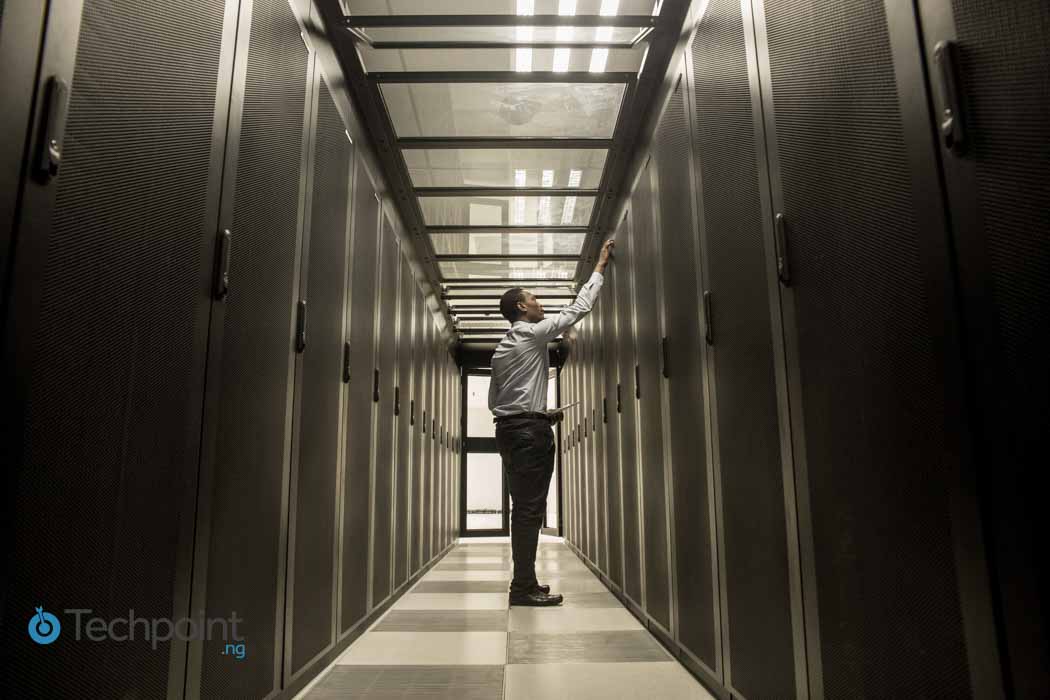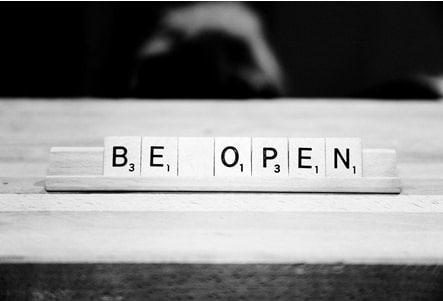The techno-scientific realities of artificial intelligence and biotechnology (seen especially in Genetics, Nanotechnology and Robotics, GNR) are continually upending our world.
Technological optimists (e.g. singularitarians and transhumanists) project almost a utopian future for humanity. From solving deadly diseases and even overcoming death to prospects like universal basic income, solutions to ecological problems and safe highways with self-driving cars.
The positive prospects of technological progress spread across areas like food, healthcare, welfare, environment, transport, education, power, housing and space exploitations.
Nevertheless, the downsides are not too out of sight as a foreboding of technological disruption could be seen in the rise of automation, biological inequality among humans, machine algorithms overriding man and digital dictatorships. Do these presentimental misgivings cancel out the prospects of an open progress offered by technology?
Of all these issues, this article shall focus on the access, control, distribution and ownership of data and it’s implications for an open future in the face of liberal values that have come under severe attack recently.
As science and technology continue to transform the realities of our life and existence in the world, new realities are gradually gaining traction at the centre of worldly affairs, most prominent among these is the phenomenon of data.

As the bandwidth of information continue to multiply exponentially, data is gradually becoming the most valuable resource in the world.
This is seen in the role it plays in the service rendered by the most valuable companies in the world; Apple, Google, Facebook, Amazon etc., in shaping and monitoring political opinions, in genetics and healthcare and with all the fuzz about the Internet-of-Things (IoT) and augmented reality, it is clear that everything is becoming centred on data and this goes alongside with authority/power.
And so it turns out that with enough data and computing power on an individual these big data systems (tech giants like Google, Facebook and Amazon) will come to know us better than we know ourselves and they would decide the job market, public opinion and political debates. This raises huge questions as to who should own and control the data?
Should it be left to the tech giants or the politicians and governments? And if we don’t trust these two because of their historical antecedents, should we turn to a global body like the United Nations or IMF or some kind of International Data Management System?
And if we cannot trust bodies anymore shall we leave it to the individual to decide? How feasible would that be? Wouldn’t it lead to a kind of Hobbesian chaotic data system with everyone in charge and no one in charge? Order would become an elusive luxury.
We have seen giant tech companies fail in protecting data entrusted to them or use them for their own competitive advantage. If it were left in the hands of governments solely what kind of regimes would we have in places like North Korea, Russia, China and Nigeria.
These scenarios could lead to what Yuval Harari calls “digital dictatorship”. Imagine what will happen to liberal values, minority groups and especially to democracy. Discussing therefore the access, control and ownership of data becomes pivotal for progress in an open future.

Historically, the battle line for the access, control, distribution and ownership of data have been drawn between centralised systems like the communist-socialist dictatorships and the decentralised democratic capitalist systems.
So far considering the nature of human beings, the amount of data to be processed and other attendant historical realities decentralised democratic data processing seemed to have worked better than their centralised counterparts giving birth to the most successful economies and political systems of the 20th century like the U.S, U.K., Germany, Canada Australia, Singapore and the Netherlands.
However, with the exception of China whose system is a bit complicatedly mixed, others didn’t fare much better. Nevertheless, with the digital revolution it appears we are headed towards a dictatorship once again the question becomes will this serve our open future?
Shortly after World War II, there began a nuclear arms race which resulted in the Cold War. Many observers believed that the Chekhov’s law would play out but thanks to the right application of human wisdom, we have managed to avert a nuclear apocalypse ever since then.
We may well lose it in the future if we coincidentally witness too many insane leaders at a time, which I think is highly unlikely to happen, but we have to take kudos for being able to keep the nuclear warheads at bay this long.
This I think is hugely attributable to international treaties, organised sanctions on rogue states, and the presence of international bodies like the United Nations with its security council but more effectively it is the work of the G8 (now G7) and its modus operandi that has relatively (though not all the time) held off the possible attacks and have maintained peace.
If a similar system is applied in the access, control, distribution and ownership of data, I think we would all be better for it. A global system where these tech giants and governments form a “G” something maybe 20 or 30 or even 100 to decide how data is accessed, controlled and owned will prove to be more effective and transparent.
This would allow for a free sharing (access) of data between institutions, this would give premium to the individual’s choice on how his/her data should be used, it would also allow for an effective and efficient optimisation of data for global benefit. All nations and institutions would then have a say as to how data about the environment and space are used and accessed. As utopian as this might sound with the evolution of technology and with the application of liberal values, we might come closer to something like this if not something better.
Our technology may prove to be both beneficial and potentially dangerous or even capricious but as rational humans we determine how we apply them. Instead of fighting our technological systems it would better if we embraced them so that we could steer them for a better future for us all.
About the Author
 Augustus Chukwu is a futurist, transhumanist, inspirational philosopher, political analyst and generally a progressive thinker interested in solving global problems of the world. He blogs at alexpoche.wordpress.com.
Augustus Chukwu is a futurist, transhumanist, inspirational philosopher, political analyst and generally a progressive thinker interested in solving global problems of the world. He blogs at alexpoche.wordpress.com.






